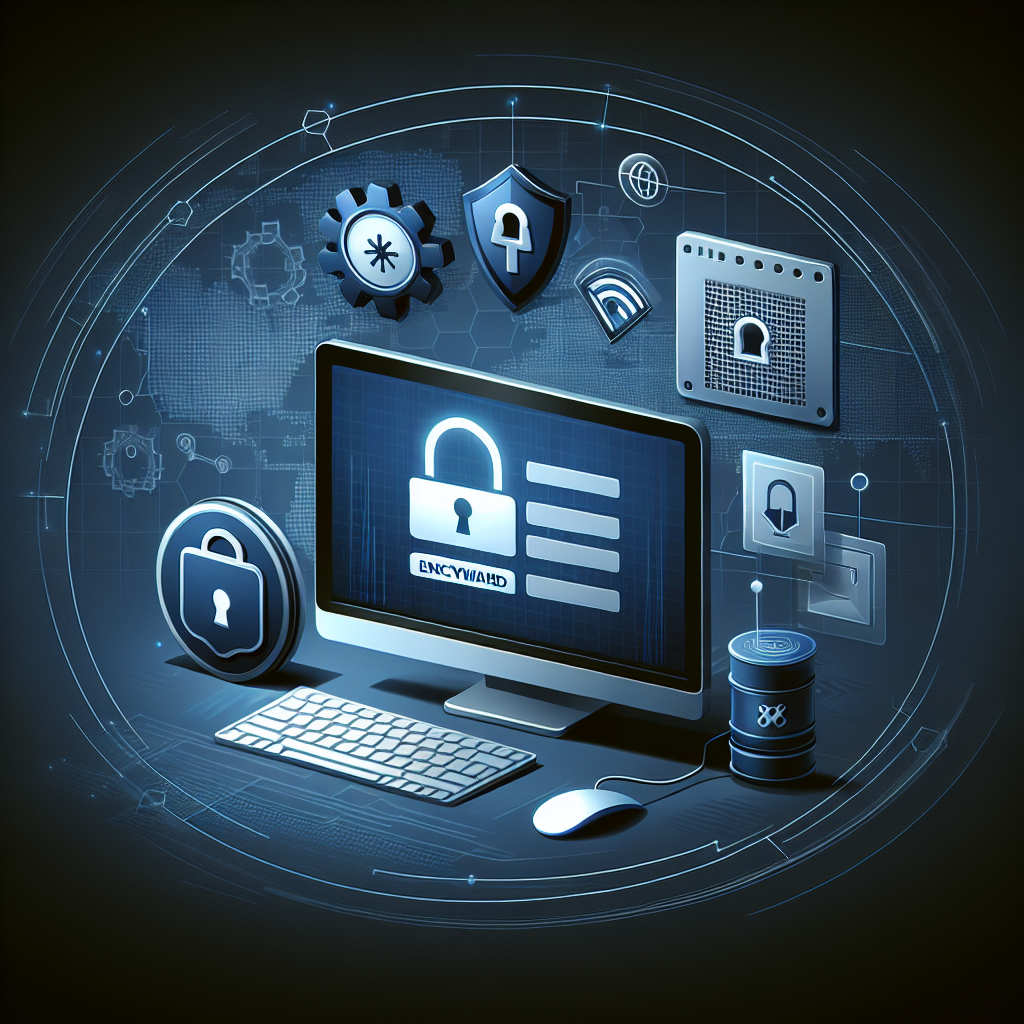Your cart is currently empty!
Cybersecurity Best Practices: Tips for Safeguarding Your Online Presence

In today’s digital age, cybersecurity is more important than ever. With the increasing amount of personal and sensitive information being stored online, it’s crucial to take steps to safeguard your online presence. Here are some cybersecurity best practices to help protect yourself from potential cyber threats.
1. Use strong, unique passwords: One of the simplest ways to enhance your online security is to use strong, unique passwords for each of your accounts. Avoid using easily guessable passwords like “123456” or “password,” and consider using a password manager to help you generate and store complex passwords.
2. Enable two-factor authentication: Two-factor authentication adds an extra layer of security to your accounts by requiring you to provide an additional piece of information – usually a code sent to your phone – in addition to your password. This can help prevent unauthorized access to your accounts even if your password is compromised.
3. Keep your software updated: Software updates often include security patches that address vulnerabilities that could be exploited by cybercriminals. Make sure to regularly update your operating system, applications, and antivirus software to keep your devices secure.
4. Be cautious of phishing attempts: Phishing is a common tactic used by cybercriminals to trick individuals into providing sensitive information or downloading malicious software. Be wary of emails, messages, or websites that ask for personal information or contain suspicious links, and always verify the sender’s identity before clicking on any links.
5. Secure your Wi-Fi network: Secure your home Wi-Fi network by enabling encryption, changing the default password, and hiding the network name (SSID). This can help prevent unauthorized access to your network and protect your devices from potential cyber threats.
6. Limit the information you share online: Be mindful of the information you share on social media and other online platforms. Avoid posting sensitive information like your full name, address, phone number, or financial details, as this information could be used by cybercriminals to target you.
7. Back up your data regularly: Regularly backing up your data can help protect you from data loss in the event of a cyber attack or hardware failure. Consider using cloud storage or an external hard drive to store backups of your important files and documents.
By following these cybersecurity best practices, you can help safeguard your online presence and protect yourself from potential cyber threats. Remember to stay vigilant and proactive in managing your online security to ensure your personal information remains safe and secure.

Leave a Reply